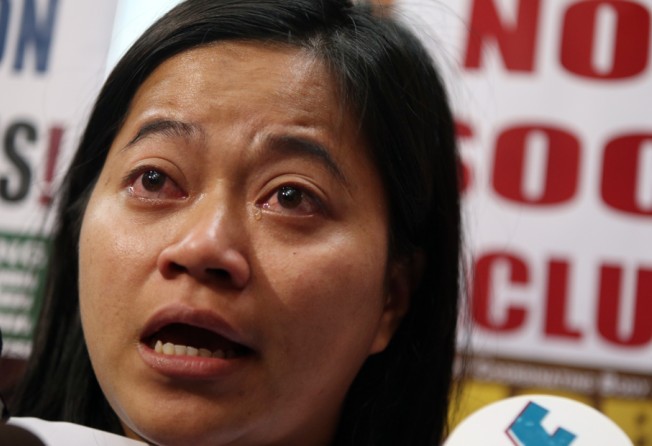Hong Kong triads using Indonesian domestic workers to smuggle Ice

Hong Kong's triads are targeting Indonesian migrant workers to smuggle drugs into the Southeast Asian nation, the Sunday Morning Post has learned.
Organised crime gangs from Hong Kong and southern China have long been key players in Indonesia's illicit drugs market, but recent cases indicate they are diversifying tactics - and according to domestic helper rights groups maids can be easy prey for drug rings looking for couriers.
Indonesian migrant workers are considered among the most vulnerable members of Hong Kong society, with a recent report by rights group Amnesty International highlighting the "slavery-like" conditions some endure.
Last month, Indonesia's National Narcotics Agency (BNN) solved a number of drug trafficking cases originating in Hong Kong, including one involving an Indonesian domestic helper.
According to BNN spokesman Sumirat Dwiyanto, a Hong Kong criminal syndicate used the worker, who had overstayed her visa, to courier a package of methamphetamine, also known as Ice, back to Indonesia.
The drugs were shipped ahead but the woman was arrested by police when she attempted to collect the parcel at the airport cargo service, Sumirat said. "The [Indonesian] consulate is very much aware that international drug traffickers consider Indonesia a market for drugs. For this purpose, the trafficker has a pattern to recruit foreign nationals as couriers, including Indonesian citizens in Hong Kong," said Sam Aryadi, vice-consul for public affairs at Indonesia's consulate.
Asked if he was aware of the extent of the problem, Aryadi said "fewer than 10" Indonesians suspected of drug smuggling were arrested in Hong Kong last year.
Indonesian Migrant Workers Union chairperson Sringatin said she was aware of the involvement of migrant workers in the drugs trade and was working to educate the union's members about the consequences.
"Some gangs take advantage of the conditions faced by migrant workers. Sometimes they trick migrant workers who overstay their visas [into the drugs trade]," said Sringatin, who like many Indonesians only uses one name.
Economic considerations resulting from high employment agency fees and the need to support their families drive the workers to participate, she said.
Indonesia is at the forefront of a global methamphetamine boom that has seen demand for the drug greatly increase.
A UN report last year pointed to the role of transnational crime groups in Indonesia's meth trade and highlighted Hong Kong and Guangzhou as primary sources of illicit drugs and the precursor chemicals needed to produce methamphetamine.
Hong Kong police had not responded to inquiries on the issue as of last night.